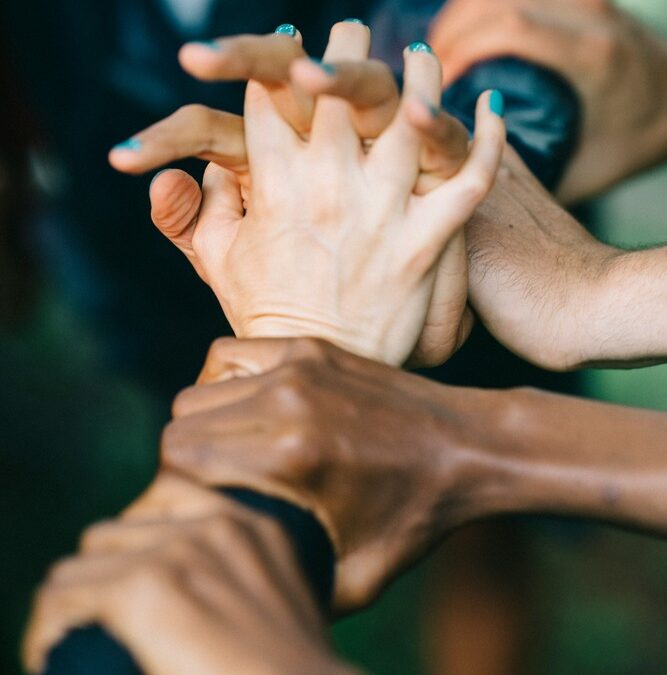
Compassion Fatigue in Helping Professionals: Beyond Self-Care
July 14, 2025
Making Counselling Accessible: The Benefits of Seeing a Student Intern Counsellor
July 28, 2025Mental health professionals have an ongoing responsibility to reflect on their biases and practice self-awareness. With July marking BIPOC Mental Health Awareness Month, it’s a good opportunity to recommit to this work.
While Black, Indigenous, and People of Colour (BIPOC) may not experience higher rates of mental health concerns than their white counterparts, they do encounter significantly more barriers to treatment, support, and accurate diagnoses. As counsellors, we hold an ethical obligation to pursue cultural competency—an evolving process that begins with honest and continuous self-reflection.
Cultural competency is defined as the ability to “understand, appreciate and interact with individuals who have different cultures or belief systems” (Williams et al., 2022). While we can strive to learn more about other cultures, we cannot expect to become experts. In practice, cultural competency often looks like saying: “I haven’t experienced that—can you tell me more?”
Each of us carries blind spots. Recognizing and addressing these is not only part of our personal development, but also a cornerstone of ethical and effective mental health care.
Reflection Questions for Mental Health Professionals
If you’re a practicing therapist or clinician, take a moment to thoughtfully reflect on the questions below. Let them be a mirror—offering insight into the values and assumptions you bring into your clinical work.
- In what ways do I benefit from—or am I disadvantaged by—systems of oppression? How have these dynamics shaped my life experience?
- When do I feel discomfort in conversations about race? What emotions or bodily sensations come up, and what might they be pointing to?
- Who do I turn to for education about race and racism? Do we share similar cultural backgrounds? How does that influence my learning?
- Have I openly explored race or culture with a client in session? What was that experience like—for both of us?
Have I examined the historical roots of the therapeutic models I use? Are they culturally inclusive, or do they center Eurocentric values and norms?
Sitting With Discomfort
It’s likely that answering these questions may stir up some discomfort—and that’s okay. In fact, it’s necessary. Growth rarely happens inside our comfort zones.
These reflections are not meant to shame, but to awaken curiosity and accountability. Engaging in honest dialogue—whether in clinical supervision, peer consultation, or personal therapy—can deepen your understanding of yourself and your role in systems of care.
If you’re looking to explore these reflections with support, our team is here to walk alongside you. Call us at 250-718-9291 or email us at [email protected]
References and Recommended Readings :
Check out these helpful resources:
- Being an anti-racist clinician
- BIPOC Mental Health: Barriers and Ways to Support
- From Competence to Humility: Advancing Culturally Responsive Mental Health Care
- What to know about the race paradox in mental health

Written by: Jennalyn Christopherson, Practicum Student
To book: Click Here!





